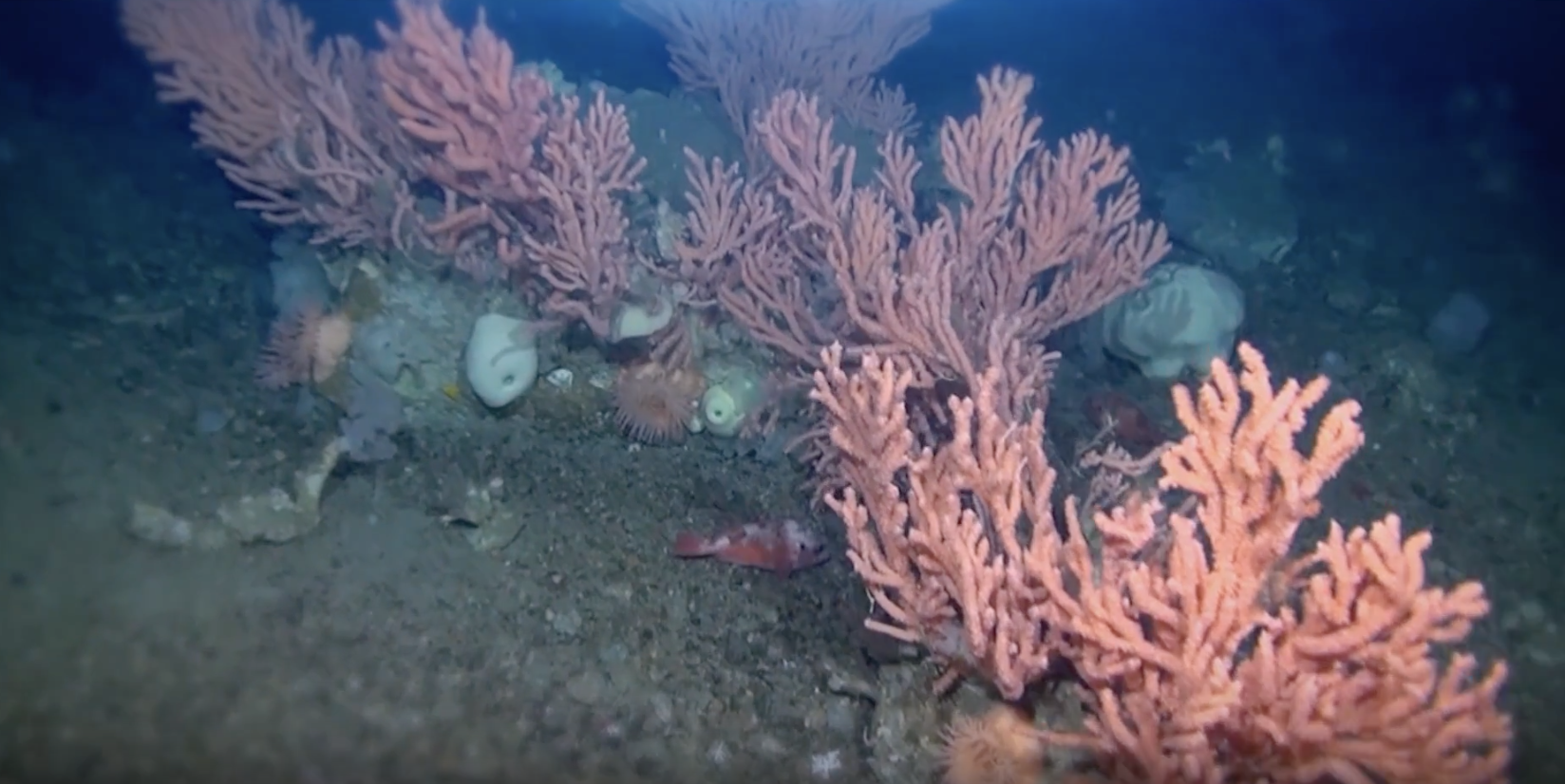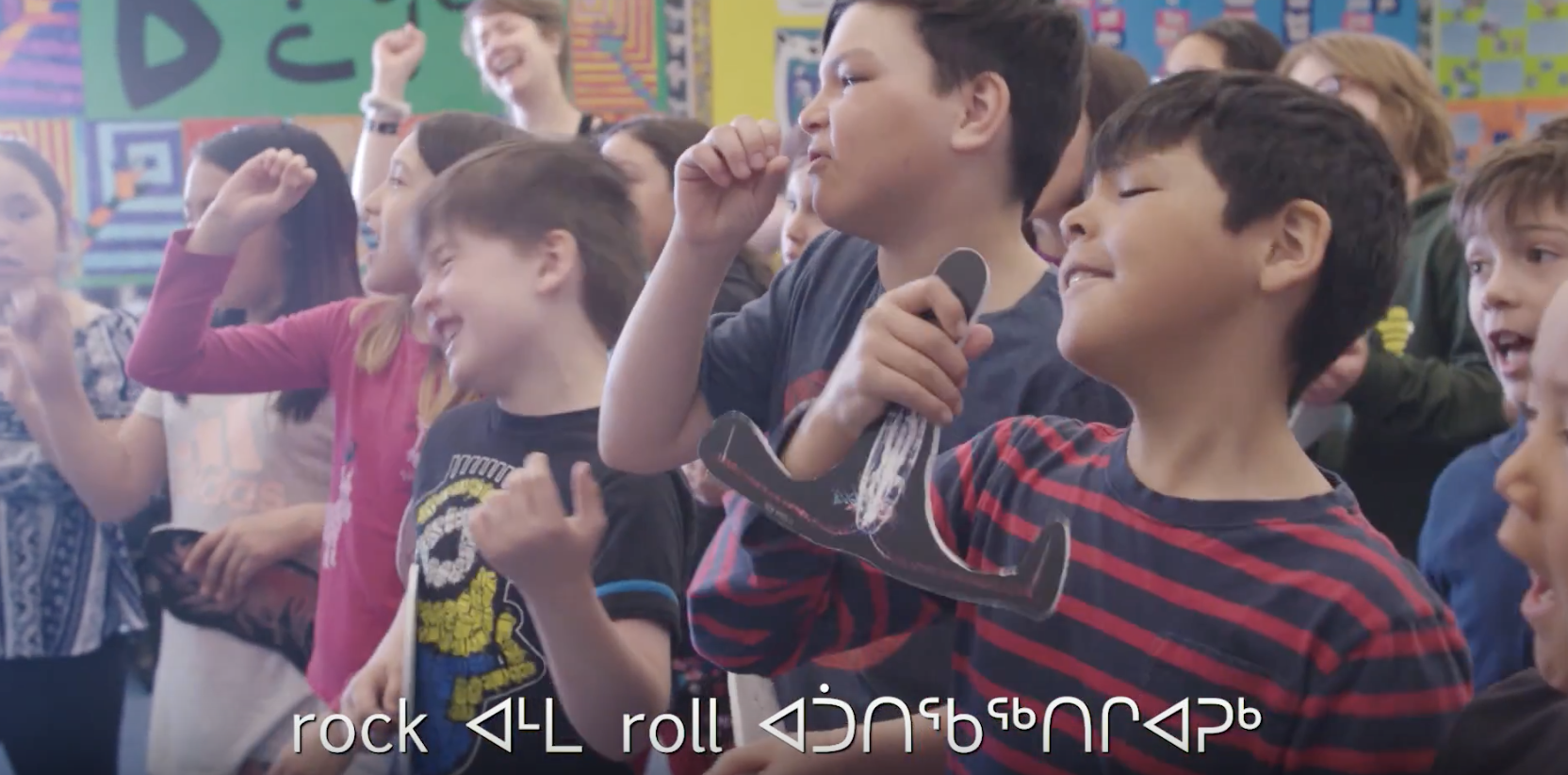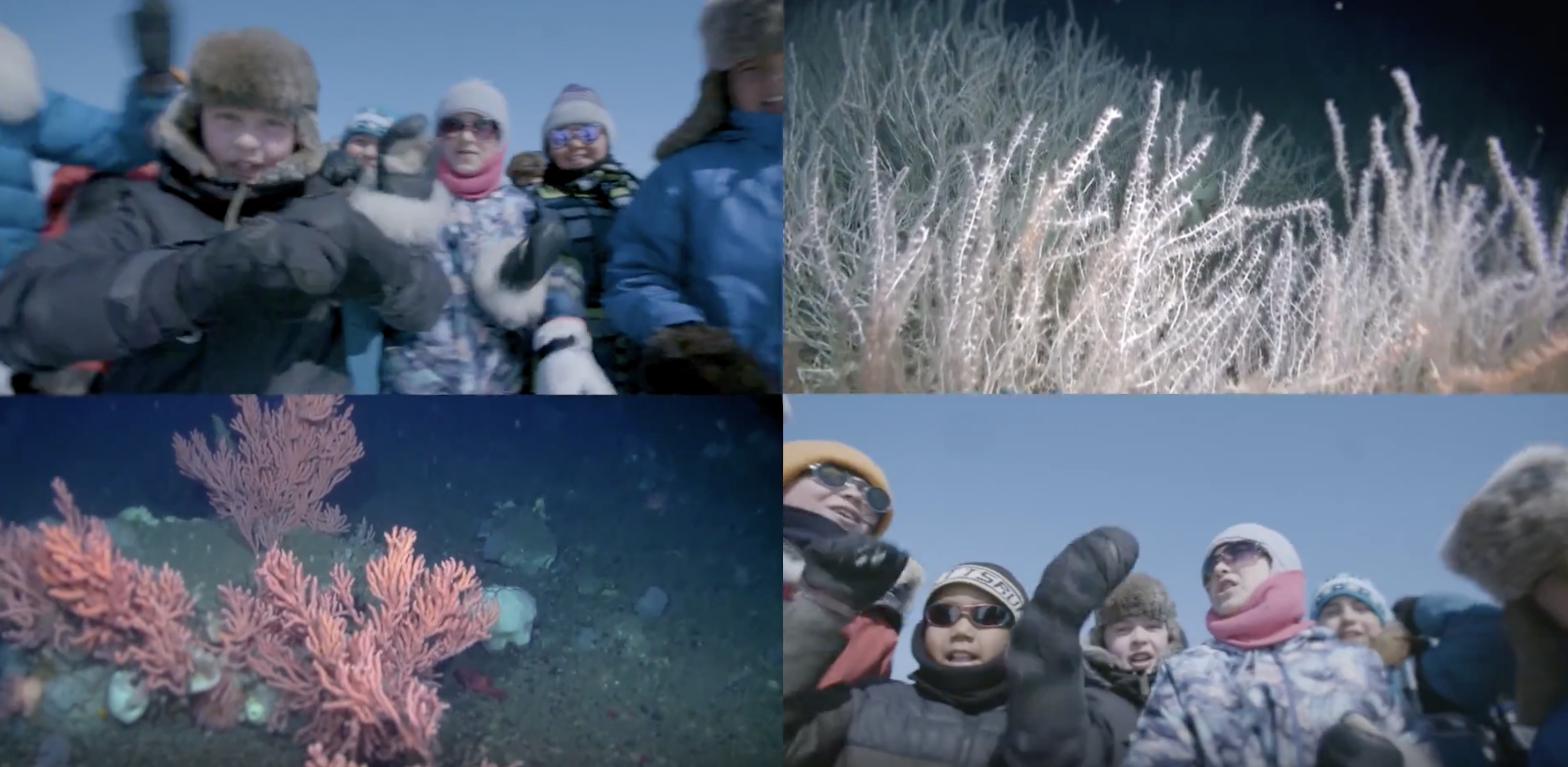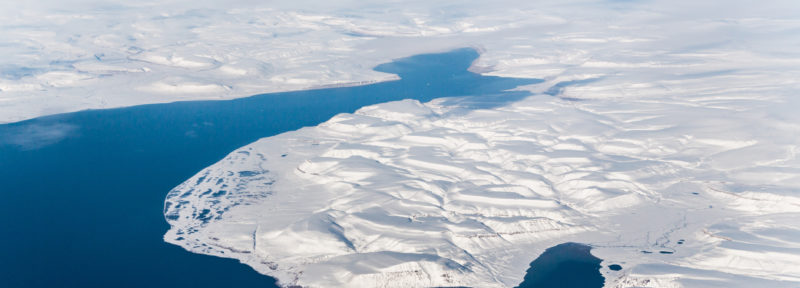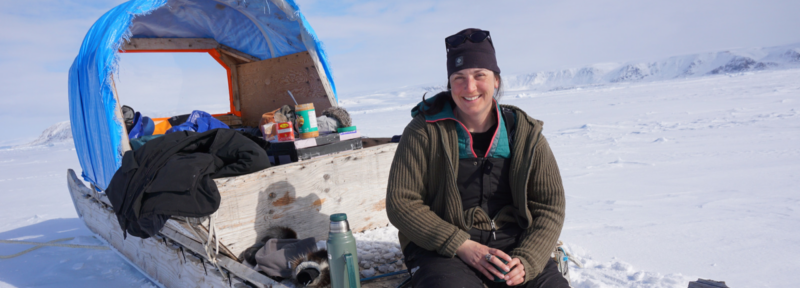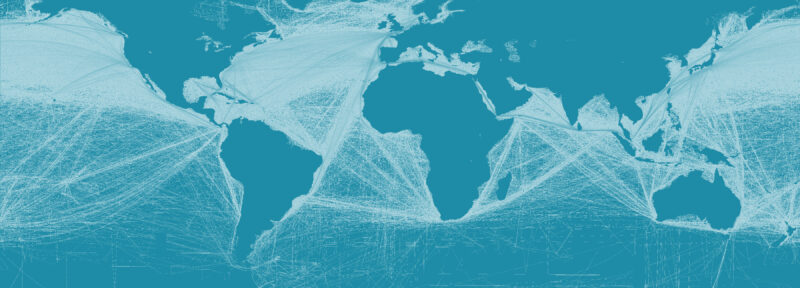Iqaluit Children Celebrate Protection of Arctic Corals with New Music Video
Five months ago, Canada’s federal government closed more than 65,000 square kilometres to bottom fishing in the waters off eastern Nunavut and Nunatsiavut. These closures in Baffin Bay, Davis Strait, Hudson Strait and the northern Labrador Sea protect concentrations of fragile cold-water corals, sponges and seapens from the impacts of fishing. To celebrate this conservation victory, Iqaluit school children were asked to help write a music video with the support of conservation organizations, the Inuit-owned offshore fishery and Fisheries and Oceans Canada.
Coral garden in Baffin Bay, Nunavut.
Crédit : Fisheries and Oceans Canada
Arctic seafloor communities have been discovered through fisheries research surveys that record when and where corals and sponges are hauled up in research trawls. Fisheries observers also record the capture of these creatures as a bycatch in the Greenland Halibut and shrimp fisheries. Research trawls are a very destructive method of sampling. But scientists have also been able to lower cameras to the seafloor. That method has revealed other species, including fields of globally unique bamboo corals known as “Keratoisis.” These bamboo corals as well as large concentrations of other species of corals, sponges and sea pens are now protected from fishing and, soon, research vessel trawls.
Marine mammals and fishes that are an important part of the Inuit diet, culture and economy rely on the health of these distant seafloor ecosystems. Yet few people are aware of their existence or importance. It’s hard to connect the health of 1000-year-old corals that live 200 kilometres off-shore at a depth of 1,000 meters to the seafood we eat. But narwhal populations that live in the eastern Canadian Arctic and western Greenland feed extensively during the winter on small fish and shrimps that live in and around the corals, sponges and sea pens in these now-protected areas.
To raise awareness about corals, sponges and seapens and encourage sustainable offshore fisheries, Oceans North and our partners engaged Iqaluit musicians Josh Qaumariaq and Vinnie Karetak to help school children write a song about this issue. In January 2018, students learned about the Arctic marine food web and the importance of healthy marine ecosystems. Samples of deep water corals were brought to the classroom and Josh and Vinnie interviewed the kids.
Iqaluit school children work on a music video celebrating the protection of Arctic corals, sponges and seapens.
Crédit : Oceans North
The result is a funny, heartwarming and information-packed video that shows how children implicitly understand the importance of healthy oceans. They also may have created the newest “earworm” as I can’t get the tune or words “Come on take the plunge, lets learn about the sea sponge” out of my head!
Over the coming weeks, more schools will receive the Arctic food web lesson plan that we helped develop and it will be promoted by the Government of Nunavut for Oceans Day. We hope the video will live on in the hearts and minds of Nunavut and Nunatsiavut children so that they too can feel part of a conservation legacy.
Susanna Fuller is a senior project officer with Oceans North.
Iqaluit school children celebrate protection of Arctic corals with music video.
Crédit : Oceans North

